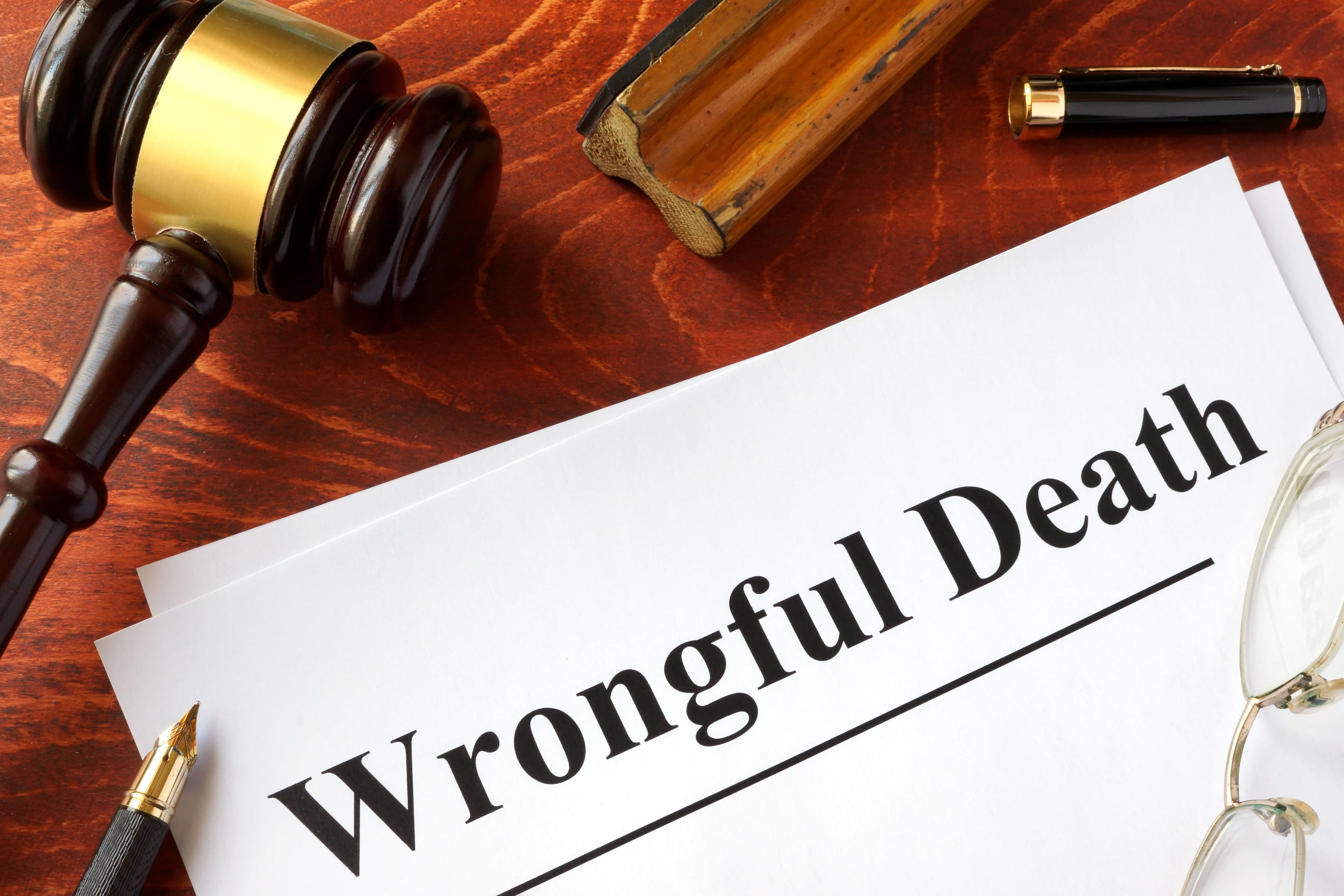
What Constitutes a Wrongful Death? Understanding the Basics

Published
28 June 2024

Wrongful death refers to a legal claim brought against a party whose negligent or intentional actions caused someone's death. This article provides an in-depth exploration of wrongful death claims, covering essential aspects such as definitions, common causes, and who can file these claims.
•Definition of Wrongful Death
Wrongful death is a civil lawsuit filed by the surviving family members or beneficiaries of a deceased person whose death was caused by the negligence or misconduct of another party. These cases seek financial compensation for the survivors' loss, including emotional and financial damages incurred due to the death.
•Common Causes of Wrongful Death
Wrongful death can result from various circumstances, including:
Car Accidents: When negligent driving leads to fatal crashes.
Medical Malpractice: Errors by healthcare providers causing patient deaths.
Workplace Accidents: Unsafe working conditions resulting in fatalities.
Product Liability: Defective products causing fatal injuries.
Criminal Acts: Homicide or manslaughter resulting in death.
•Legal Requirements for Wrongful Death Claims
To pursue a wrongful death claim, certain legal criteria must typically be met:
Death of a Person: The incident must result in the death of an individual.
Negligence or Intent: Proof that the death was caused by the defendant's negligence or intentional action.
Surviving Family or Beneficiaries: Specific individuals such as spouses, children, or dependents must be entitled to file the claim under state law.
•Who Can File a Wrongful Death Claim?
In most jurisdictions, wrongful death claims are typically filed by:
Immediate Family Members: Spouses, children, and parents of the deceased.
Legal Beneficiaries: Those who were financially dependent on the deceased.
Representatives: Executors or administrators of the deceased's estate.
Understanding the basics of wrongful death claims is crucial for those who have lost loved ones due to negligence or misconduct. By recognizing the legal principles, common causes, and eligibility criteria for filing such claims, families can seek justice and financial compensation for their loss.
Request Free Consultation
Start your Free Case Evaluation by using the form below. You’ll get a fast response from one of our team members

